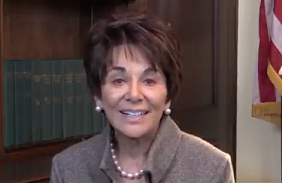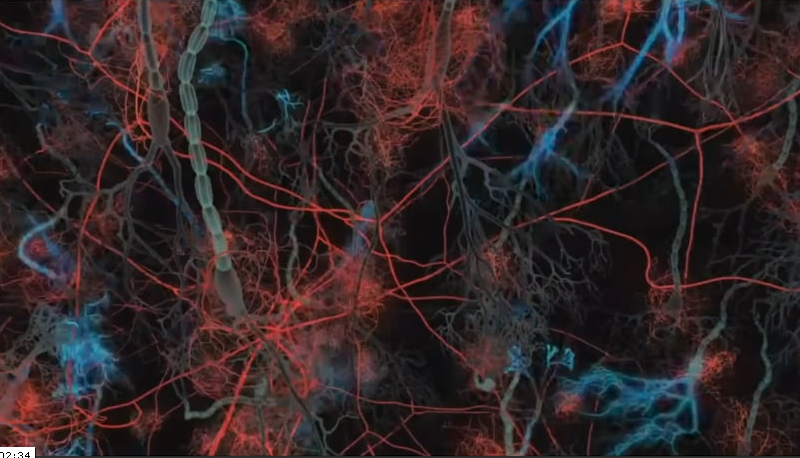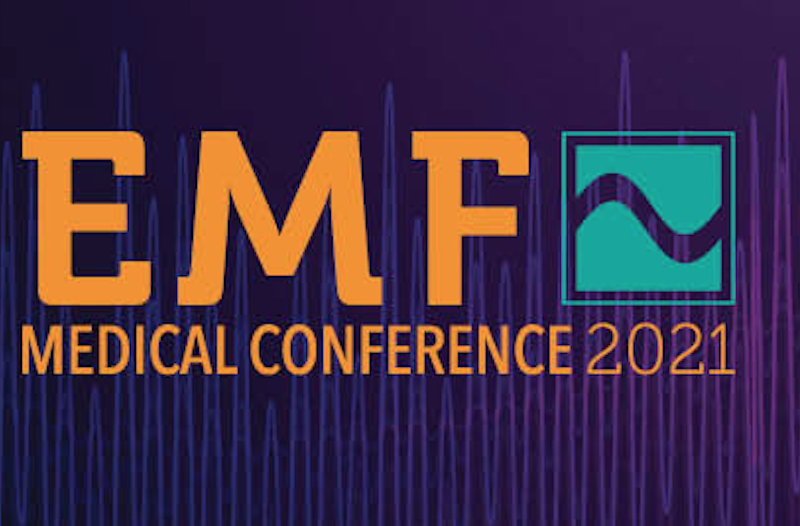In a courageous move to preserve local government control, Federal bill HR 530 was introduced January 14, 2019 in the House of Representatives by California Congresswoman Anna Eshoo, to invalidate the Federal Communications Commission’s (FCC) September 26, 2018 ruling to accelerate the deployment of 5G small cells throughout the U.S. Congresswoman Jackie Speier has co-sponsored the bill. Representative Eshoo stated the FCC had ‘failed to listen to reasonable input from communities across the country, cowered to industry interests, and failed to put the public interests first.’” In a January 15, 2019 press statement Eshoo added, “Having served in local government for a decade on the San Mateo County Board of Supervisors, I understand and respect the important role that state and local governments play in protecting the welfare of their residents,”
HR 530 and the Question of 5G Safety
Federal bill HR 530 is titled-To provide that certain actions by the Federal Communications Commission shall have no force or effect. It simply states,“PRESERVATION OF RIGHTS OF STATE AND LOCAL GOVERNMENTS: Actions by the Federal Communications Commission in ‘‘Accelerating Wireless and Wireline Broadband Deployment by Removing Barriers to Infrastructure Investment’’ (83 Fed.Reg. 5186783) and the Federal Communications Commission’s Declaratory Ruling in ‘‘Third Report and Order and Declaratory Ruling’’ (FCC 18-111) shall have no force or effect.”
Where is the Scientific Evidence of 5G Safety?
It is noteworthy that on December3, 2018 California Congresswoman Eshoo and Connecticut Senator Blumenthal formally wrote a letter asking the FCC for scientific evidence of safety of 5G technology. This 5G technology is currently being marketed and promoted to consumers prior to full development or testing. The Congressmembers have not heard back yet.
Journalist Blake Levitt spoke at the Blumenthal press conference December 3, 2018, explaining the lack of scientific literature on 5G and underscoring that evidence today indicates that thin skinned amphibians and insects, such as bees, will be most affected by this technology with disastrous results. She concluded that“The FCC is completely unprepared, unable and possibly unwilling to oversee 5G for safety, even at it barrels toward us.”Citizens are now writing letters to their local congress members asking for support for this effort by Congress members Eshoo and Speier as well as 1) an investigation into the FCC 2) Scientific evidence of 5G safety 3) A moratorium on 5G deployment as well as 4) reevaluation of FCC exposure standards to consider biologic (non-thermal) not just heat effects. Blake Levitt Speaks at Senator Blumenthal Press Conference Dec 3, 2018
FCC “5G Fast Track Plan” is Industry Backed
The FCC Order, FCC 18-111 is an industry backed effort intended to remove barriers and allow for speedy placement of what are termed small cells for wireless communications. These barriers are the cities themselves, who wish to maintain their own conditional use permitting process to approve of these small cells with 1) public input 2) thorough city planning commission input and 3) the ability to charge a fair price for rental of the utility poles in the valuable local real estate market of the “Public Right of Way”.
These so called “Small Cells” are not so small and will have powerful 4G and likely many other broadband frequencies emitting modulated electromagnetic radiation densely located about every 300 feet, close to homes, schools and businesses. They are lower to the ground with higher exposures 24 hours a day. This will be in addition to large refrigerator sized battery backup and accessory equipment on the street to support each antenna. Undergrounding of equipment will not be permitted. There will only be what is termed “ministerial” permits that have to be approved in 60 to 90 days.
Cities in Chaos
This has caused chaos and angst in cities who will be forced to lose what remaining control they have in this process. The Telecommunications Act of 1996 and the Spectrum Act of 2012 are already extremely restrictive in terms of options for cities to place towers and also do not allow for refusal or consideration of refusal of cell towers on the grounds of health or environmental concerns.
70 Cities in Court to Challenge New FCC Rules
After the September 26, 2018 Declaratory Ruling was passed by the FCC, more than a dozen cities including Los Angeles, Seattle and San Jose, challenged the FCC over these restrictions. The wireless industry states they will loose $2 Billion, but the cities consider that it is instead a giveaway to industry. The Ninth Circuit Court was asked to review the rules and give an opinion. On November 6, 2018, these lawsuits were consolidated with several other lawsuits in the western States including Las Vegas and Portland, and through a lottery, sent to the 10th Circuit Court of Appeals.
10th Circuit Court of Appeals Transfers Case to 9th Circuit
On January 10, 2019 the Tenth Circuit Court of Appeals denied the motion to stay the FCC Declaratory Ruling FCC 18-133, stating that the cities did not demonstrate that they would suffer irreparable harm without the stay. The same day however, the Court granted a transfer of the petition by San Jose and allied cities (including Burlingame, San Bruno and San Francisco) against the FCC back to the Ninth Circuit Court of Appeals where it originated.
In the original filing the cities have argued that the FCC Declaratory Ruling is ambiguous, overreaching, unreasonable and raises constitutional issues. The cities argue that “A stay will “serve the public’s strong interest in “preserving the status quo ante litem until the merits of a serious controversy can be fully considered.”
San Jose Mayor Liccardo Outspoken About FCC Overreach
Mayor Sam Liccardo, who has led the fight against the FCC Order in San Jose, resigned from the FCC’s Broadband Deployment Advisory Committee in January 2018 stating, “It has become abundantly clear that despite the good intentions of several participants, the industry-heavy makeup of BDAC will simply relegate the body to being a vehicle for advancing the interests of the telecommunications industry over those of the public,” Mayor Sam Liccardo Resignation Letter, January 25, 2018.
U.S. Court of Appeals Motions, Oppositions and Respondents in FCC Lawsuit by Date
- 12/17/18 – FCC Lawsuit- San Jose vs FCC – Motion to Stay -10th-circuit-case-18-9568- Dec 17, 2018
- 1/1/19 – FCC Lawsuit -Respondant- January 1, 2019, Wireless industry opposition to motion to stay- 10th Circuit Case-18-9568
- 1/2/19 – FCC Lawsuit- Respondant- January 2, 2019, Wireless industry review and opposition to motion for stay of 10th-Circuit Case-18-9568
- 1/8/19 – FCC Lawsuit- Court reply to oppositions to motion to stay, January 8, 2019, -10th Circuit Case-18-9568
- 1/10/19 – FCC Lawsuit- Transfer from 10th to 9th Circuit Court of Appeals January 10, 2019



